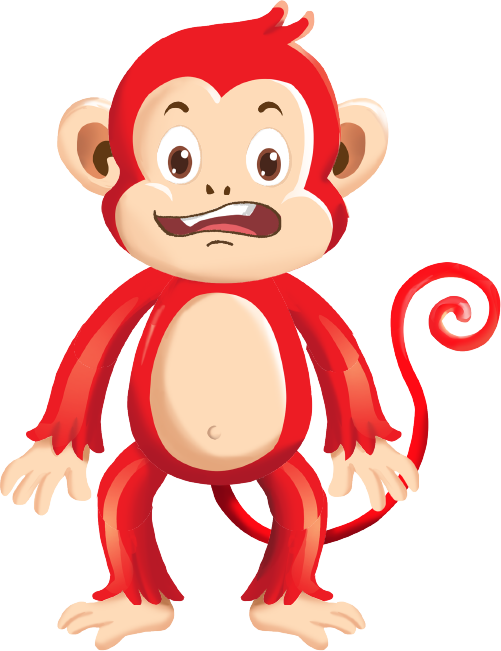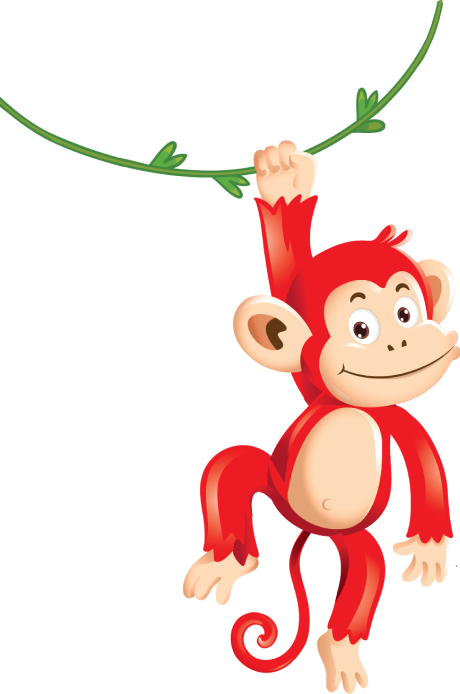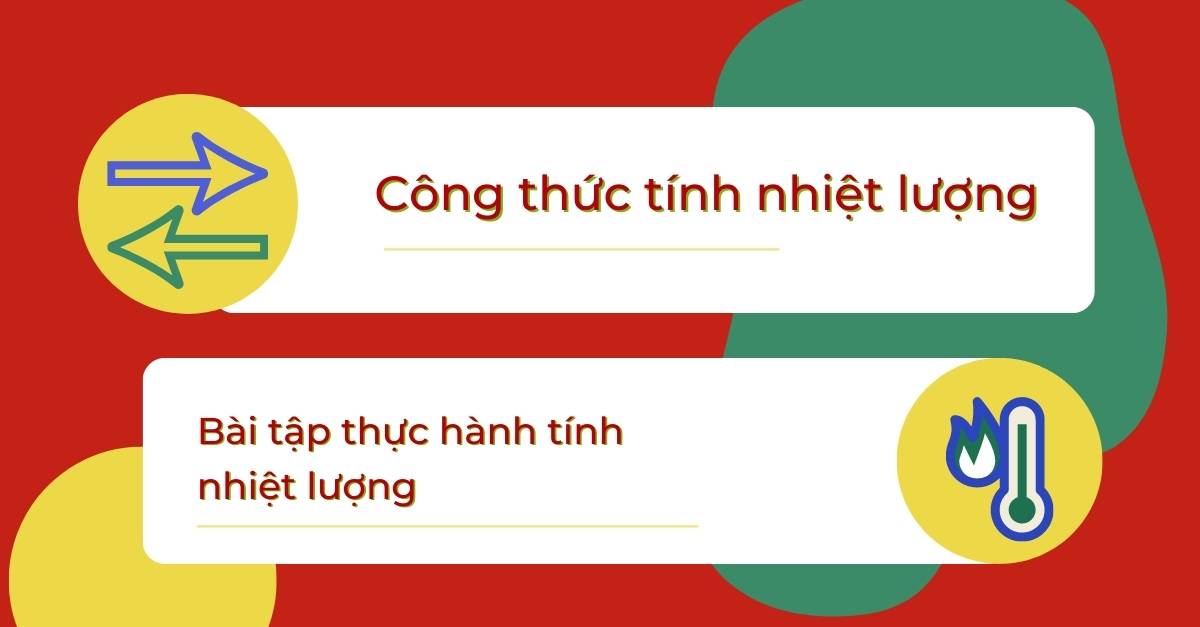Danh từ trong tiếng anh là một từ hoặc một cụm từ chỉ người, sự vật, sự việc, nơi chốn, tính chất hoặc hoạt động. Trong bài học này, Monkey sẽ hướng dẫn bạn cách dùng cũng như vị trí của danh từ trong câu nhé!
.png)
Ôn tập kiến thức về danh từ trong tiếng Anh
Định nghĩa: Danh từ (Noun trong tiếng Anh) là từ dùng để chỉ người, vật, địa điểm, ý tưởng hoặc hiện tượng. Danh từ đóng vai trò quan trọng trong việc xây dựng cấu trúc câu tiếng Anh, thường làm chủ ngữ hoặc tân ngữ.
Phân loại danh từ trong tiếng Anh:
- Phân loại danh từ theo số lượng: Danh từ số ít và danh từ số nhiều.
- Phân loại danh từ theo cách đếm: Danh từ đếm được và danh từ không đếm được.
- Phân loại danh từ theo ý nghĩa: Danh từ chung và danh từ riêng.
- Phân loại danh từ theo đặc điểm: Danh từ cụ thể và danh từ trừu tượng.
- Phân loại danh từ theo yếu tố cấu thành: Danh từ đơn và danh từ ghép.
Vị trí của danh từ trong câu
Mỗi vị trí danh từ trong câu sẽ có đặc điểm và cách dùng khác nhau. Dưới đây, Monkey sẽ phân tích chi tiết các vị trí này và đưa ra ví dụ cụ thể để bạn đọc dễ dàng ghi nhớ.
Đứng đầu câu
Khi danh từ đứng đầu câu nó đóng vai trò làm chủ ngữ. Trong một số trường hợp danh từ làm chủ ngữ có thể đứng sau trạng ngữ chỉ thời gian (tomorrow, now, today,...)
-
Ví dụ: Eventually he came.
-
Dịch nghĩa: Cuối cùng cô ta cũng đến.
Sau mạo từ
Danh từ có thể đứng sau mạo từ như là a/an/the. Trong câu danh từ không nhất thiết phải đứng ngay sau liền kề với mạo từ, mà có thể là một số bổ ngữ khác để bổ nghĩa cho danh từ đó.
-
Ví dụ: Linda is a beautiful girl.
-
Dịch nghĩa: Linda là một cô gái xinh đẹp.
Sau từ sở hữu
Luôn có một danh từ đứng sau các tính từ sở hữu (my, his, her, our, their, your, its) ở dạng sở hữu cách (‘s). Giữa danh từ và tính từ sở hữu có thể là tính từ để bổ nghĩa cho danh từ đó.
-
Ví dụ: Jenny’s travel was delayed because of heavy rain.
-
Dịch nghĩa: Chuyến đi của Jenny bị hoãn do mưa lớn.
Sau từ hạn định
This, that, these, those, both, every, each, a little, little, a few, few,… là các từ hạn định, sau các từ này có thể là một danh từ. Tuy nhiên, ở giữa các từ hạn định và danh từ có thể là tính từ để bổ nghĩa cho danh từ đó.
-
Ví dụ: Every students in this class is meek.
-
Dịch nghĩa: Mỗi học sinh ở lớp này đều rất ngoan ngoãn.
Sau giới từ
Danh từ đứng ở đâu trong câu? Danh từ có thể nằm ở vị trí vị ngữ và đứng sau giới từ như in, on, at, for,...
-
Ví dụ: They offer a variety of services.
-
Dịch nghĩa: Họ cung cấp rất nhiều các loại dịch vụ.
Danh từ đứng sau động từ
Vị trí của danh từ trong câu khi đứng sau động từ thì đóng vai trò làm tân ngữ của câu.
-
Ví dụ: She likes English.
-
Dịch nghĩa: Cô ấy thích Tiếng anh.
Sau tính từ
Khác với danh từ đứng sau tính từ sở hữu là làm chủ ngữ thì danh từ đứng sau tính từ thường đóng vai trò làm bổ ngữ của câu.
-
Ví dụ: This is his new books.
-
Dịch nghĩa: Đây là những quyển sách mới của anh ấy.
Xem thêm:
- [Hỏi - Đáp] Sau danh từ là gì? Loại từ nào kết hợp với danh từ trong tiếng anh?
- [Hỏi - Đáp] Các loại từ đứng trước danh từ là gì?

|
Bé học vị trí của danh từ trong câu dễ dàng với Monkey Junior – Lộ trình toàn diện Hiểu đúng vị trí của danh từ trong tiếng Anh là nền tảng quan trọng giúp bé xây dựng câu đúng ngữ pháp và diễn đạt rõ ràng hơn. Với Monkey Junior, bé sẽ được tiếp cận kiến thức này thông qua lộ trình học tiếng Anh toàn diện, phù hợp cho trẻ mới bắt đầu.
Chương trình được thiết kế theo phương pháp học thông qua hình ảnh, âm thanh và ví dụ thực tế, giúp bé nhận diện vị trí và vai trò của danh từ trong câu một cách dễ hiểu, tự nhiên. Các bài học được chia nhỏ theo từng chủ đề, lồng ghép trò chơi giúp bé học mà không thấy áp lực. Nếu ba mẹ đang tìm kiếm một giải pháp giúp con nắm chắc kiến thức ngữ pháp ngay từ đầu, thì Monkey Junior chính là lựa chọn không thể bỏ qua! |
Bài tập về vị trí của danh từ
Bài tập về vị trí của danh từ dưới đây sẽ giúp bạn đọc hiểu rõ và ghi nhớ lâu về phần lý thuyết mà Monkey vừa chia sẻ bên trên. Hãy làm hết sức trước khi so sánh với đáp án nhé!
Bài tập 1: Xác định vị trí theo chức năng dưới đây của danh từ gạch chân trong các câu sau:
subject direct object indirect object object of preposition
appositive subjective complement objective complement
1. The jury found the defendant guilty.
2. What is Joe doing on his birthday?
3. On the day after tomorrow, we will hand Jerry the keys to his new car.
4.The screen on my monitor seems dull.
5. The committee elected MacKenzie its new CEO.
6. Smith is a good friend to Jones.
7. In the driveway sat two old cars.
8. My cousin Jerry prides himself on his collection of ancient marbles
9. Bertrand may be nice, but he is also my enemy.
10. The Great Gatsby is my favorite novel by Fitzgerald.
Bài tập 2: Điền danh từ phù hợp dựa vào các từ cho trước
1. Her …………. in helping the poor earned her admiration in the neighbourhood. (SELF)
2. The …………………….. of his work lies in the materials he uses. (ORIGIN)
3. After two months of laser treatment I noticed a tiny ………………….. and felt a stab of determination. (IMPROVE)
4. I don’t want my kids to spend their young years under constant…………….. to be the best. (PRESS)
5. My grandma died a natural ………………………. (DIE)
6. Dreams are like stars, you may never touch them, but if you follow them, they will lead you to your …………. (DESTINE)
7. A sense of ……… makes a girl beautiful. (HUMOUROUS)
8. The person who gives you unexplained happiness is the one who gives you unexplained………… (SAD)
9. Harry Styles is the ………….. man, got bags of charm, can win people over easily. (LADY)
10. Though Monsters has a great storyline younger ………………may be confused as some facts are never explained. (VIEW)
Bài tập 3: Chọn danh từ dưới dạng số ít hoặc số nhiều sao cho phù hợp cho những câu dưới đây
1. There are a lot of beautiful _____. (A. trees/ B. tree)
2. There are two _____ in the shop. (A. women/ B. woman)
3. Do you wear _____? (A. glasses/ B. glass)
4. I don’t like _____. I’m afraid of them. (A. mice/ B. mouse)
5. I need a new pair of _____. (A. jean/ jeans)
6. He is married and has two _____. (A. child/ B. children)
7. There was a woman in the car with two _____. (A. man/ B. men)
8. How many _____ do you have in your bag? (A. keys/ B. key)
9. I like your ______. Where did you buy it? (A. trousers/ B. trouser)
10. He put on his _____ and went to bed. (A. pyjama/ B. pyjamas)
Bài tập 4: Chọn dạng thích hợp của danh từ trong những chỗ trống sau
Some people believe that developments in the field of artificial intelligence will have a positive impact on our lives in the near future. Others, by contrast, are worried that we are not prepared for a world in which computers are more intelligent than humans. Discuss both of these views and give your own opinion.
People seem to be either excited or worried about the future impact of artificial (1-intelligent)………... Personally I can understand the two (2-oppose)……….points of view; I am both fascinated by developments in artificial intelligence and apprehensive about its possible negative effects.
On the one hand, the increasing intelligence of technology should bring some obvious benefits. Machines are clearly able to do many jobs better than humans can, especially in areas that require high levels of (3-accurate)…………or calculations using large amounts of data. For example, robots are being developed that can carry out surgical procedures with greater (4-precise)………..than a human doctor, and we already have cars that use sensors and cameras to drive themselves. Such technologies can improve safety by reducing the (5-likely)…………..of human errors. It is easy to imagine how these developments, and many others, will steadily improve our quality of life.
On the other hand, I share the concerns of people who believe that artificial intelligence may harm us if we are not careful. In the short term, it is likely that we will see a rise in (6-employ)…………..as workers in various industries are replaced by machines or software programs. For example, self-driving vehicles are expected to cause (7-redundant)…………….in driving jobs, such as lorry drivers, taxi drivers and bus drivers. In the medium term, if intelligent technologies gradually take jobs away from humans, we may find that people become deskilled and lose their sense of purpose in life. A longer term fear is that computers become so intelligent that they begin to make (8-decide)…………without human oversight and without regard for our well-being.
In conclusion, while intelligent machines will no doubt improve our lives in many ways, the potential risks of such technologies should not be ignored.
Đáp án bài tập
Bài tập 1
|
1. jury = subject defendant = direct object guilty = objective complement |
6. Smith = subject friend = subjective complement Jones = object of preposition |
|
2. What = direct object Joe = subject birthday = object of preposition |
7. driveway = object of preposition cars = subject |
|
3. day = object of preposition tomorrow = object of preposition we = subject Jerry = indirect object winner = appositive keys = direct object car = object of preposition |
8. cousin = subject Jerry = appositive himself = direct object collection = object of preposition marbles = object of preposition |
|
4. screen = subject monitor = object of preposition dull = subjective complement |
9. Bertrand = subject nice = subjective complement he = subject enemy = subjective complement |
|
5. committee = subject MacKenzie = direct object CEO = objective complement |
10. The Great Gatsby = subject novel = subjective complement Fitzgerald = object of preposition |
Bài tập 2
|
1. Unselfishness |
6. Destination |
|
2. Originality |
7. Humour |
|
3. Improvement |
8. Sadness |
|
4. Pressure |
9. Ladies |
|
5. Death |
10. Viewers |
Bài tập 3
|
1. trees |
6. children |
|
2. women |
7. men |
|
3. glasses |
8. keys |
|
4. mice |
9. trousers |
|
5. jeans |
10. pyjama |
Bài tập 4
|
1. intelligence |
5. likelihood |
|
2. opposing |
6. unemployment |
|
3. accuracy |
7. redundancies |
|
4. precision |
8. decisions |
Vậy là Monkey đã chia sẻ toàn bộ kiến thức về vị trí của danh từ trong tiếng anh. Mỗi vị trí đều có những đặc điểm và cách nhận biết khác nhau. Thông qua đó, Monkey đã đưa ra các bài tập từ cơ bản đến nâng cao giúp bạn có thể củng cố và ghi nhớ kiến thức dễ dàng hơn.
Chúc các bạn học tốt!






![[Trọn bộ] Vị trí của danh từ trong tiếng Anh & bài tập vận dụng nhanh](https://vnmedia2.monkeyuni.net/upload/web/storage_web/08-09-2022_00:13:28_vi-tri-cua-danh-tu-0.jpg)
.png)
.png)







.png)